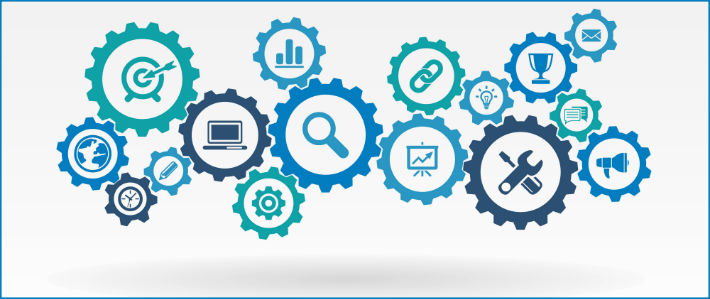Software Integrations
System integration involves integrating existing, often disparate systems in such a way "that focuses on increasing value to the customer"(e.g., improved product quality and performance) while at the same time providing value to the company (e.g., reducing operational costs and improving response time). In the modern world connected by Internet, the role of system integration engineers is important: more and more systems are designed to connect, both within the system under construction and to systems that are already deployed.
Many types of business software such as supply chain management applications, ERP systems, CRM applications for managing customers, business intelligence applications, payroll and human resources systems typically cannot communicate with one another in order to share data or business rules. For this reason, such applications are sometimes referred to as islands of automation or information silos. This lack of communication leads to inefficiencies, wherein identical data are stored in multiple locations, or straightforward processes are unable to be automated.
Enterprise application integration is the process of linking such applications within a single organization together in order to simplify and automate business processes to the greatest extent possible, while at the same time avoiding having to make sweeping changes to the existing applications or data structures. Applications can be linked either at the back-end via APIs or (seldomly) the front-end (GUI).
In the words of research firm Gartner, EAI is the "unrestricted sharing of data and business processes among any connected application or data sources in the enterprise."
The various systems that need to be linked together may reside on different operating systems, use different database solutions or computer languages, or different date and time formats, or may be legacy systems that are no longer supported by the vendor who originally created them. In some cases, such systems are dubbed "stovepipe systems" because they consist of components that have been jammed together in a way that makes it very hard to modify them in any way.
We already have years of experience and numerous success stories in integrating Software solutions. One of the most notable integrations we developed was the integration between Software Factory Management and Factory Automatos in some Portuguese industries.
We have the most experienced Consultants to support your Software Integration implementations. Contact us!
Get in Contact
